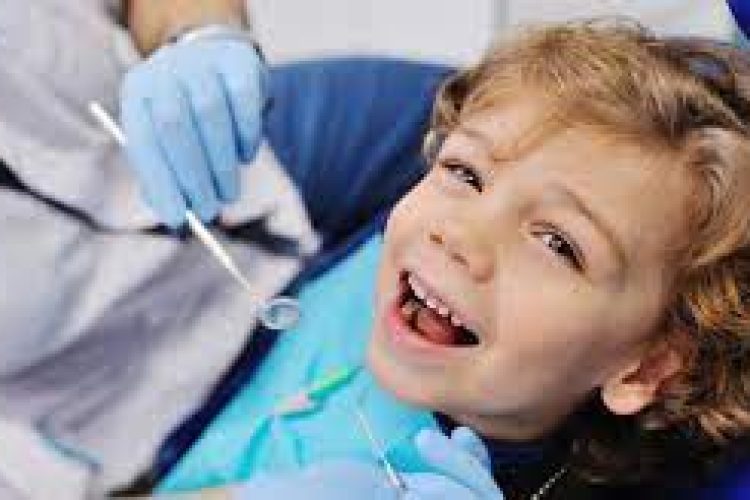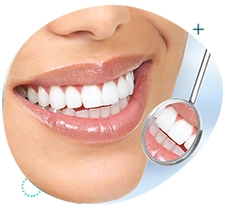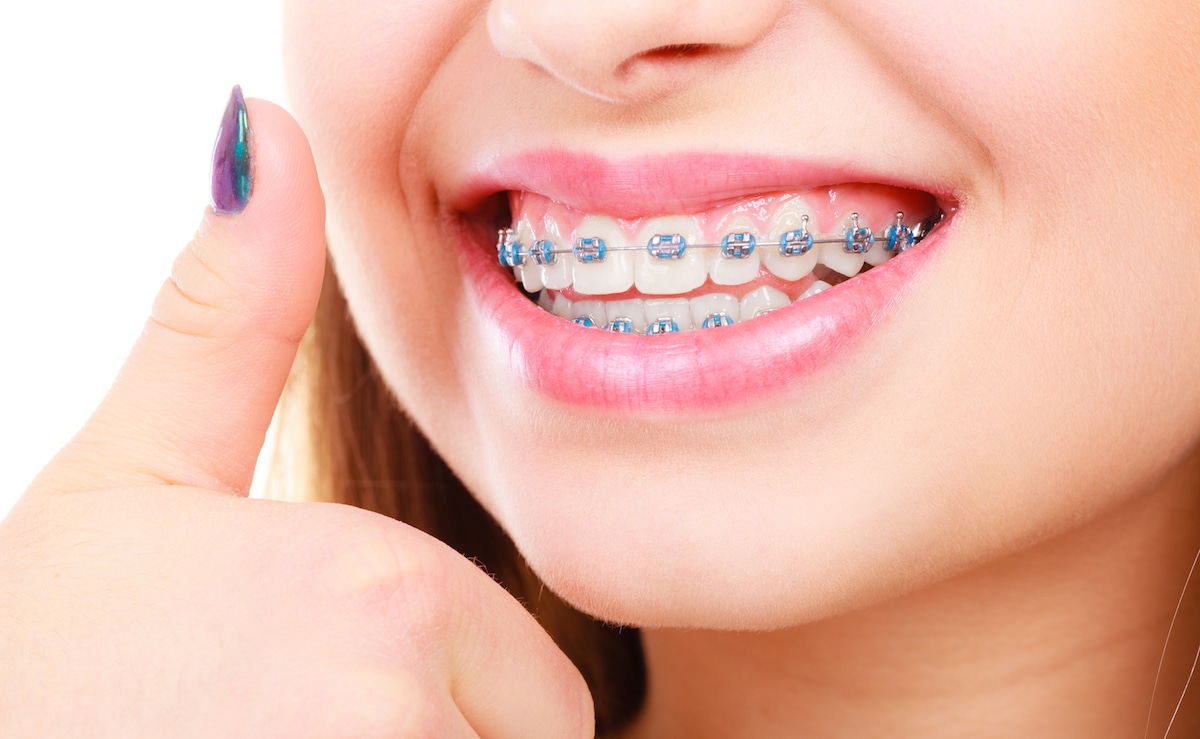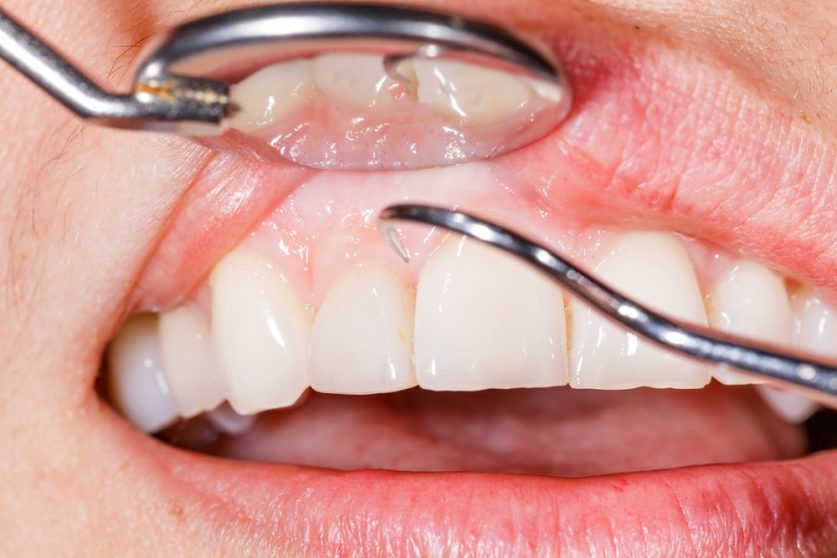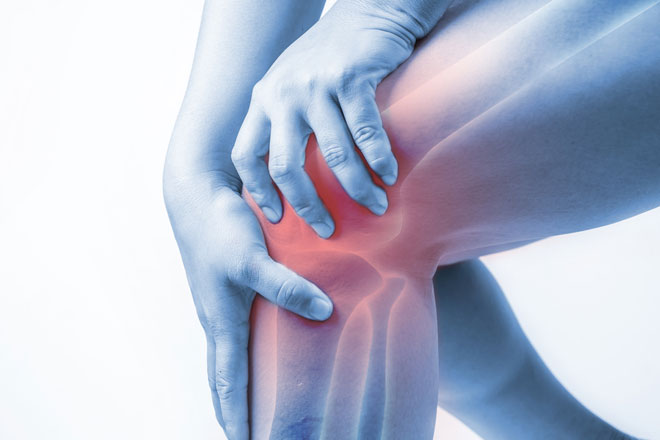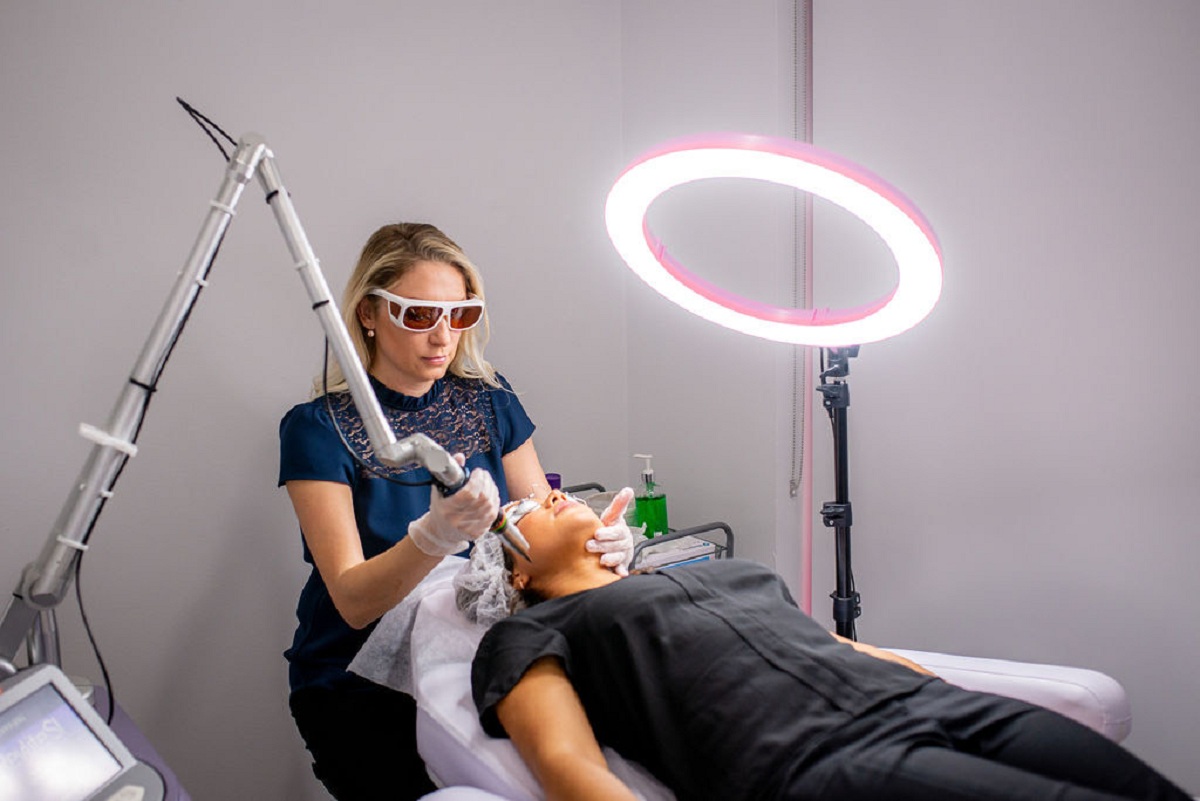Gingivitis: Symptoms And Treatments
When it is said to take care of your oral health, it is essential to understand that it is not limited to taking care of your teeth only; rather, it comprises many things. Gum is one such aspect that people tend to ignore when it comes to taking care of their dental health, and it leads them to gingivitis. It is a common problem nowadays as people are not paying proper attention to their oral health. This article will go deep to find the major evident symptoms; by identifying them, you can manage your gum health and prominent ways through which you tackle this gum disease. To know more, visit a walk in dentist near me.
What Are Noticeable Symptoms Of Gingivitis?
Initially, gum disease is mild and shows certain signs. Below, there is a list of gingivitis symptoms that are evident:
- Red Or Purple Gums
One of the major signs of gingivitis is the purple or red appearance of gums, contrary to the pink color of healthy gums.
- Swollen Gums
Healthy gums are never swollen, but if you find your gums swollen, then understand that it is a sign of gum disease.
- Bleeding Gums
Gums in their normal state do not bleed, so when your gums bleed at the time of flossing or brushing, do know that it is a symptom of gingivitis.
- Tender Gums
The feeling of soreness or tenderness at the time of touching the gums is a sign of gum disease.
- Bad Breath
If you experience foul breathing even after brushing and flossing regularly, then it is an indicator of gum disease.
- Receding Gums
When you find that size of your teeth has been enlarged, understand that the stage of your gum disease is advancing.
What Actions Should You Take To Treat Gingivitis?
It is always better to stop gum disease at an earlier stage to prevent permanent damage. Below, there are listed some treatment of gingivitis for your gum disease condition:
- Regular Brushing And Flossing
Brushing your teeth two times every day and flossing every day are the fundamental components of healthy dental hygiene. This aids in the removal of plaque, a sticky coating of germs that accumulates on the enamel of your teeth and promotes gingivitis.
- Visit Your Dentist
Dental check-ups at regular intervals are vital for detecting and giving proper treatment for gingivitis early. Your dental professional will clean your teeth with proper measures and give you specific oral hygiene recommendations.
- Mouthwash
Making use of an antiseptic mouthwash can be beneficial in the reduction of plaque and germs in the mouth. However, keep in mind that it is not a replacement for flossing and brushing your teeth.
- Healthy Diet
Consuming a nutritious meal rich in vegetables and fruits may improve your dental health. This condition can be further minimized by limiting the intake of sugary meals and beverages.
- Quit Smoking
As they say, “smoking is injurious to health,” and it is not just limited to damaging your lungs; rather, it can have hazardous effects on your gums. So, quitting smoking can save your gum condition from worsening.
- Manage Stress
Stress may negatively impact the immune system, causing it to be more difficult for your body to fight illnesses like gingivitis. It might be good to find strategies to handle stress, such as with the help of workouts or relaxation techniques.
Conclusion
If you are suffering from gingivitis, then it is always advisable to visit a dental professional for the best gingivitis treatment. This article has provided you with all the necessary signs that you can identify if you have gingivitis and some effective ways through which you can control them.


